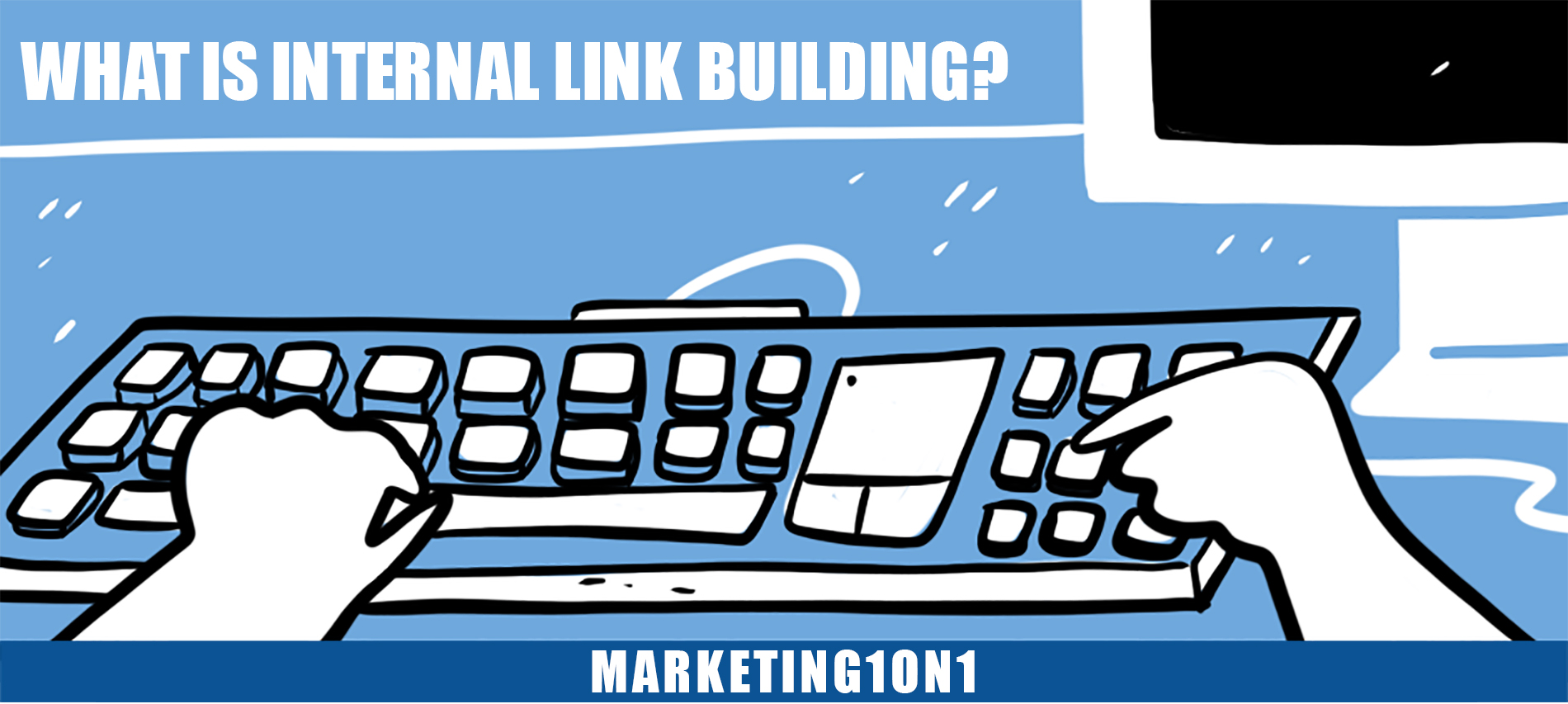- HOME
- CHECKOUT / CART
- LOGIN / REGISTER
- LINK BUILDING
- SEO
- SEO Packages
- Small Business SEO
- Corporate Enterprise SEO
- eCommerce SEO
- Local SEO Services
- SEO Case Studies
- Google Maps Marketing
- Google My Business Management
- Unnatural Links Penalty Recovery
- Shopify SEO
- SEO Consulting
- SEO Reseller Program
- SEO Affiliate Program
- Video SEO Optimization
- WordPress SEO
- WIX SEO Services
- OTHER SERVICES
- RESOURCES
- ABOUT
- About Us
- Why Us
- Testimonials
- INDUSTRIES
- Cannabis CBD Marketing and SEO
- Carpet Cleaning Marketing and SEO
- Cell Phone Repair Marketing and SEO
- Dental Marketing and SEO
- Drug Rehab Treatment Centers Marketing and SEO
- HVAC Marketing and SEO
- Junk Removal Marketing and SEO
- Law Firm Marketing and SEO
- Law Firm Website Design
- Marketing for Arborists and Tree Service Companies
- Medical and Healthcare Marketing
- Plastic Surgeons Marketing and SEO
- Plumbing Marketing and SEO
- Private Detectives / Investigators Marketing and SEO
- SaaS Marketing and SEO
- Strippers Marketing and SEO
- CONTACT
What is internal link building? |
What is internal link building?
Internal link building is the process of adding links from one page on your website to another. This can help visitors navigate your site more easily, and it can also help search engines understand your site structure better. Building internal links can be a simple way to improve your website, and it’s something that you can do yourself without having to hire a developer. In this blog post, we’ll show you how to get started with internal link building. We’ll also share some tips on how to make sure your links are effective.
What is internal link building?
Internal link building is the process of linking one page on your website to another page on your website. This is done in order to help improve the overall structure and navigation of your site, as well as to help search engines index your pages more effectively.
There are a few different ways that you can go about building internal links on your site. The most common method is to simply add links to relevant pages whenever you are creating new content. For example, if you are writing a blog post about gardening tips, you could include a link to your page about gardening tools in the resources section.
Another great way to build internal links is to use anchor text keywords. When you use anchor text keywords, you are telling search engines what the target page is about, which can help them index it more effectively. For example, if you have a page about gardening tips that you want to rank for the keyword “gardening tips”, then you would want to use the anchor text “gardening tips” when linking to that page from other parts of your site.
Building internal links is an important part of SEO and should be a regular part of your overall link building strategy. If done correctly, it can help improve your site’s user experience and search engine ranking.
The benefits of internal link building
There are a number of benefits to internal link building, including:
1. Increased traffic: By linking to relevant pages within your content, you can increase the number of visitors and the quality of traffic.
2. Improved search engine ranking: Internal links help search engines understand the structure and hierarchy of your website, which can lead to improved search engine rankings.
3. Reduced bounce rate: If a user clicks on an internal link and finds what they’re looking for, they’re less likely to “bounce” back to the search results page. This can reduce your website’s bounce rate and improve its overall performance.
4. Increased social engagement: If users find your content useful or interesting, they may share it with their followers on social media. This can help increase your reach and visibility online.
How to do internal link building
Internal link building is the process of creating links from one page on your website to another. This can be done in a number of ways, but the most common method is to simply add links to relevant pages within the content of your site.
One of the benefits of internal linking is that it helps search engines to better understand the structure and hierarchy of your website. It also allows you to share PageRank and link juice between pages on your site, which can help to improve your overall search engine rankings.
When adding links, be sure to use keyword-rich anchor text so that both users and search engines can easily understand the relevance of the target page. Also, try to avoid excessive linking, as this can result in a penalty from Google. A good rule of thumb is to keep your link density below 1%.
There are a few different methods you can use to find good anchor text for your internal links. One way is to look at the keywords that are already ranking well for your site and try to incorporate them into your internal links. Another method is to look at what other websites in your niche are linking to and see if there are any good opportunities for you to do the same.
If you’re not sure how to go about building internal links, there are a number of tools that can help. The Google Webmaster Tools have a section called “Links to Your Site” that lets you see who is linking to your site and what anchor text they are using. There are also a number of third-party tools that can help with link analysis and building, such as Moz’s Open Site Explorer or Majestic’s Site Explorer.
Conclusion
Internal link building is important for several reasons. Firstly, it helps search engines to index your website more effectively. Secondly, it can help to increase your website’s PageRank. Thirdly, it can help to increase the flow of traffic to your website. And fourthly, it can help improve the usability of your website. There are a number of different ways to go about internal link building, and the best approach will vary depending on your individual website and goals. However, some methods include adding links to new content from older posts, linking to related posts within blog posts, and adding links to key pages in the navigation menu. Internal link building is an essential part of SEO and should be given due attention when optimizing your website.
Our locations and Services:
Find us on Google maps for directions: Digital Marketing | SEO Las Vegas, Digital Marketing | SEO New York, Digital Marketing | SEO Phoenix, Digital Marketing | SEO Houston, Digital Marketing | SEO Atlanta, Digital Marketing | SEO Anaheim, Digital Marketing | SEO Alexandria, Digital Marketing | SEO Austin, Digital Marketing | SEO Calabasas, Digital Marketing | SEO Cleveland, Digital Marketing | SEO Corpus Christi, Digital Marketing | SEO Dayton, Digital Marketing | SEO Detroit,Digital Marketing | SEO Fort Worth, Digital Marketing | SEO Henderson, Digital Marketing | SEO Indianapolis, Digital Marketing | SEO Irvine, Digital Marketing | SEO Jersey City, Digital Marketing | SEO Knoxville, Digital Marketing | SEO Long Beach, Digital Marketing | SEO Los Angeles, Digital Marketing | SEO Medford, Digital Marketing | SEO Mesa, Digital Marketing | SEO New Orleans, Digital Marketing | SEO Palmdale, Digital Marketing | SEO San Jose, Digital Marketing | SEO Santa Clarita, Digital Marketing | SEO Santa Monica, Digital Marketing | SEO Scottsdale, Digital Marketing | SEO Sherman Oaks, Digital Marketing | SEO Seattle, Digital Marketing | SEO Tacoma, Digital Marketing | SEO Torrance

By placing an order, signing up for services from Marketing1on1 LLC or using this website you agree to Terms and Conditions and Privacy Policy
Copyright © Marketing1on1 LLC All rights reserved.
The content of this web site may not be copied, replaced, distributed, published, displayed, modified, or transferred in any form or by any means except with the prior permission of Marketing1on1 LLC.
Copyright infringement is a violation of federal law subject to criminal and civil penalties.
Blog | Accessibility Statement





